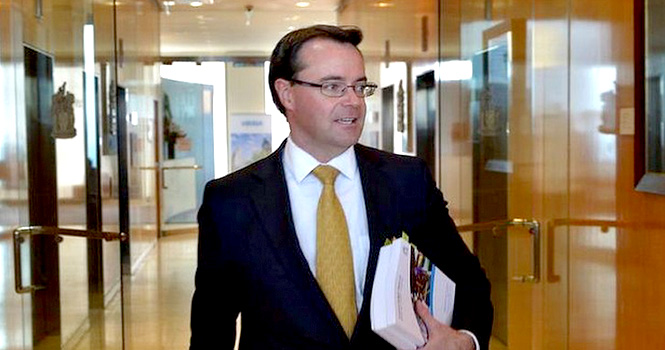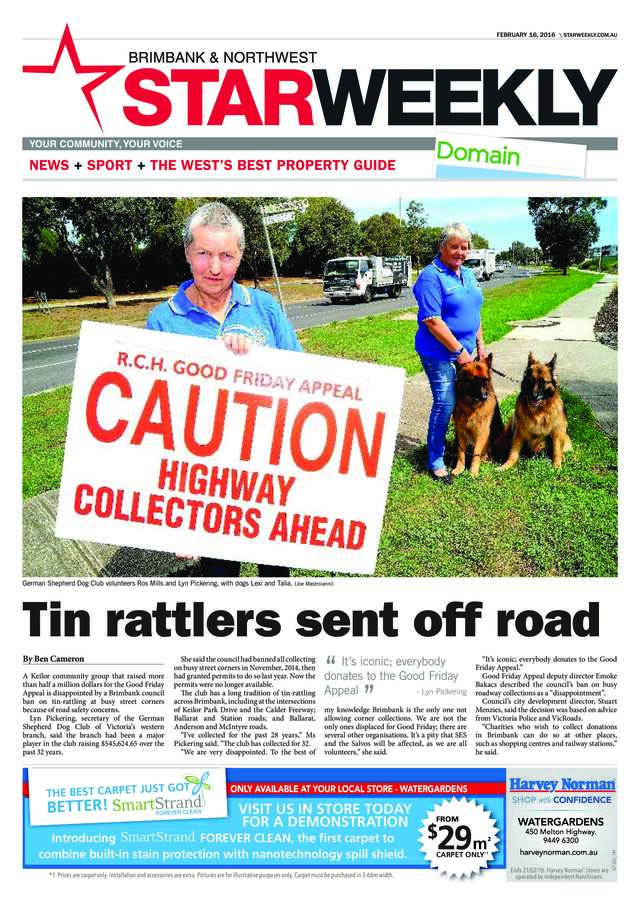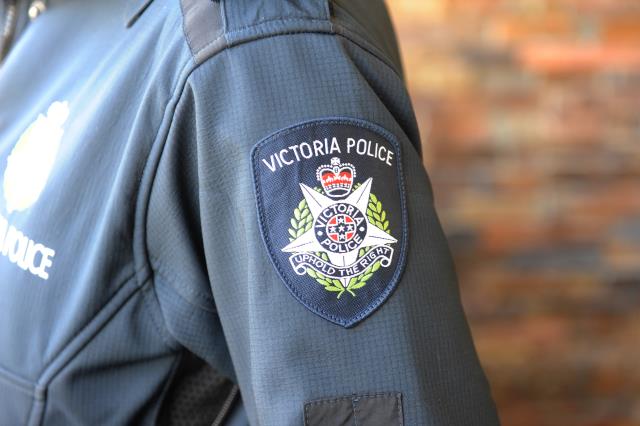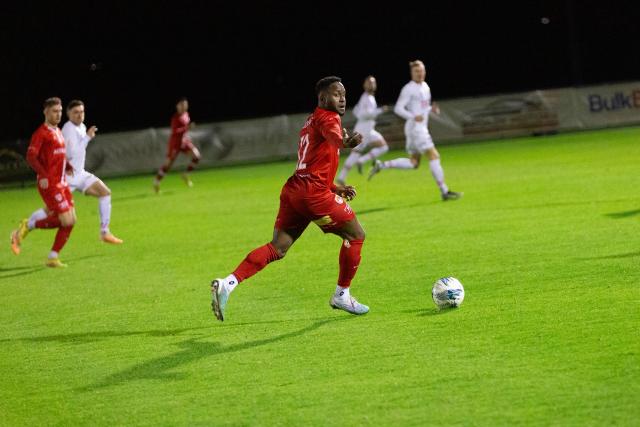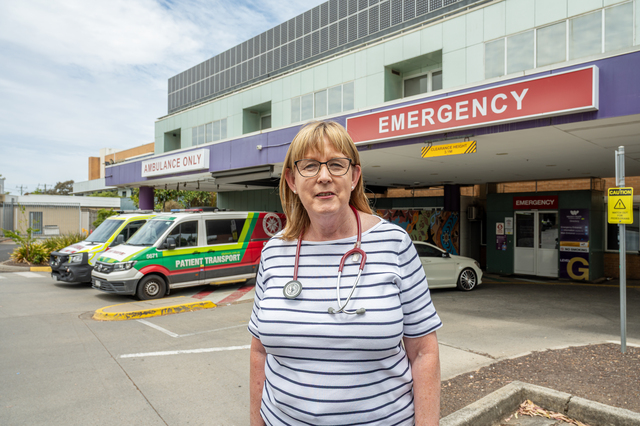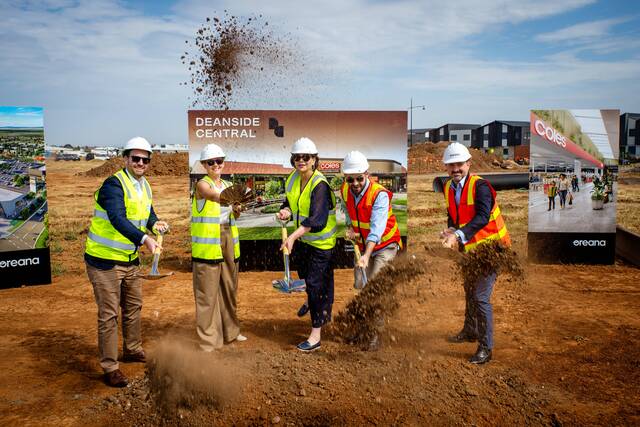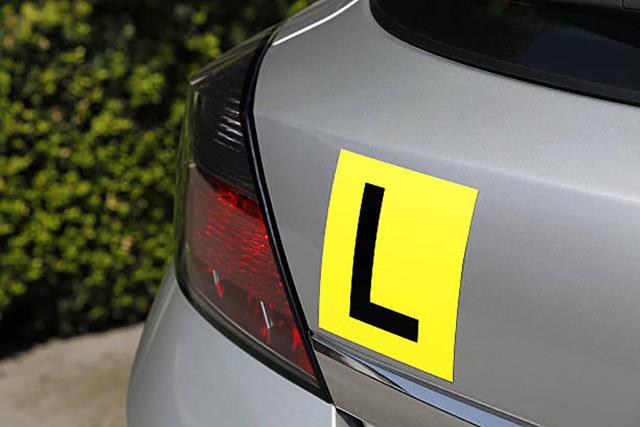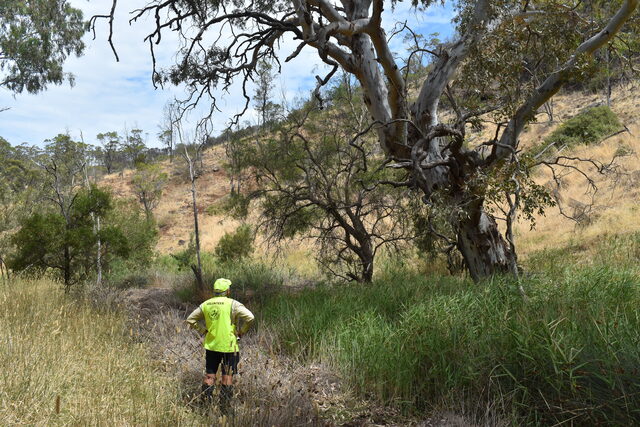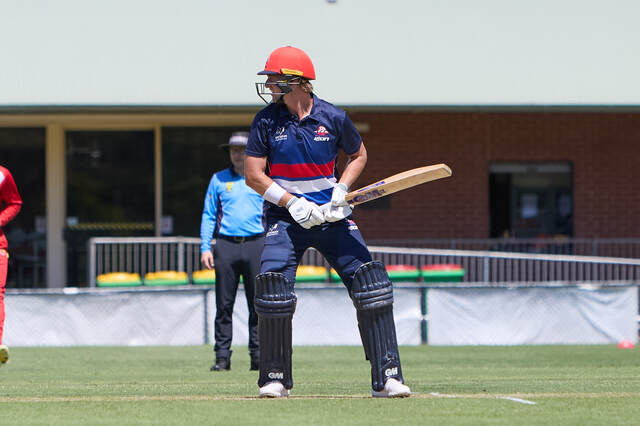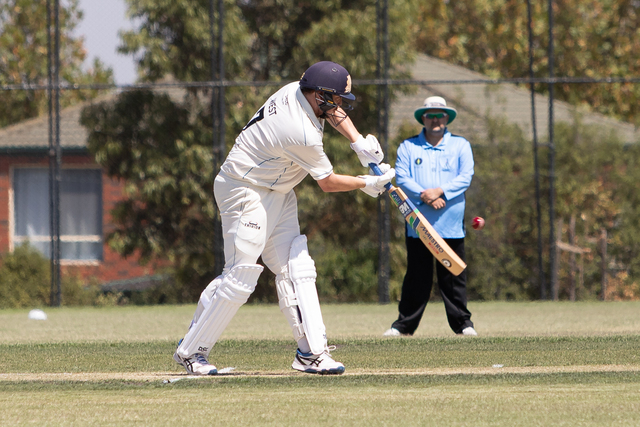A $27 billion construction blitz that includes a new $11 billion rail tunnel through Fisherman’s Bend forms the centrepiece of the Napthine government’s election year pitch to voters.
Treasurer Michael O’Brien has boasted that three years of tough love has allowed the government to embark on a record major projects agenda, including a new city rail tunnel, a rail link to the airport and the second stage of the East West Link.
In a budget with few surprises, Treasury has dramatically upgraded its forecasts for the budget with an operating surplus of $1.3 billion in 2014-15 swelling to $3.3 billion in 2017-18. State tax revenue is expected to surge 7.2 per cent this year thanks to strong stamp duty and land tax revenues.
The Melbourne Metro Rail project, a tunnel from Footscray, through Parkville, under the CBD to South Yarra has been dumped and replaced with an $8.5 to $11 billion Melbourne Rail Link that includes a connection to the airport and an underground city train running from Southern Cross to Fisherman’s Bend and then to South Yarra via a new station at Domain, near the Shrine.
The project will receive no federal funds and the state has contributed $830 million over the next four years, with just $40 million allocated for planning this year. It will create 3700 jobs during construction, which is expected to begin in mid-2016 with some services beginning in 2023 – work to finish it would take longer.
“It will be the biggest expansion since Henry Bolte created the City Loop,’’ Mr O’Brien said.
Importantly, Mr O’Brien said it removed the need to rip Swanston Street up and divide the city for years.
Spending on health in the budget keeps pace with demand, but does not include significant new investment before the election, despite calls for extra services in Melbourne’s booming outer suburbs.
The government has also confirmed it will build the $10 billion western section of the East West Link from CityLink to the Western Ring Road, with $3.1 billion allocated over the next four years.
Construction is expected to begin late next year and be completed in 2023, the project includes a $1.5 billion contribution from the Abbott government.
Opposition Leader Daniel Andrews labelled the budget “panicked” and desperate after three years of Coalition government inaction, claiming it failed to deliver on basic services.
He said the new Melbourne Rail Link was not the doubling of the City Loop that the Premier had promised, predicting chaos for commuters at South Yarra and Southern Cross with passengers changing services.
“This is, in the words of Robert Doyle, a 100-year catastrophe for our city,’’ Mr Andrews said. “But again, this is what happens when you are panicked, when you are desperate, you don’t make good decisions.’’
Mr O’Brien dismissed concerns that Victoria may not have the capacity or labour to build the infrastructure agenda, saying that construction in the mining sector slowing meant Victoria would have “plenty of capacity’’.
Unemployment is expected to average 6.25 per cent this year before falling to 5.5 per cent over the next four years. Net debt is expected to fall from 6.3 per cent of the state economy in 2014-15 to 4.5 per cent in 2017-18.
Growth in government spending is expected to average 2.6 per cent a year over the four year budget period, with revenues rising at a much faster annual average pace of 3.7 per cent.
Fines and fees will continue to grow, with revenue from road camera fines expected to rise by 23 per cent in the next year from $305 million to $376 million.
In law and order, the government will spend $447 million on new prisons over the next four years.
Australian Medical Association Victoria president Stephen Parnis said the budget was disappointing for doctors and failed to address the systemic problems that plagued the state’s health system.
“The investment is less than there was last year, a very concerning sign given the demands in Victorian hospitals are unprecedented.”
But business groups welcomed the budget, saying the infrastructure spending would create much-needed jobs and boost confidence in the economy.
The RACV said the budget provided the biggest boost to Victorian transport in more than a decade, while the Australian Industry Group’s Tim Piper applauded the government for listening to business.
But Mr Piper said finding workers to build the Coalition’s raft of infrastructure projects could be an issue, and people would have to be recruited from interstate.
“Fortunately some of the bigger projects in other states will be completed in the next six months or so, it might well be there is a natural replenishment coming back to Victoria.”

